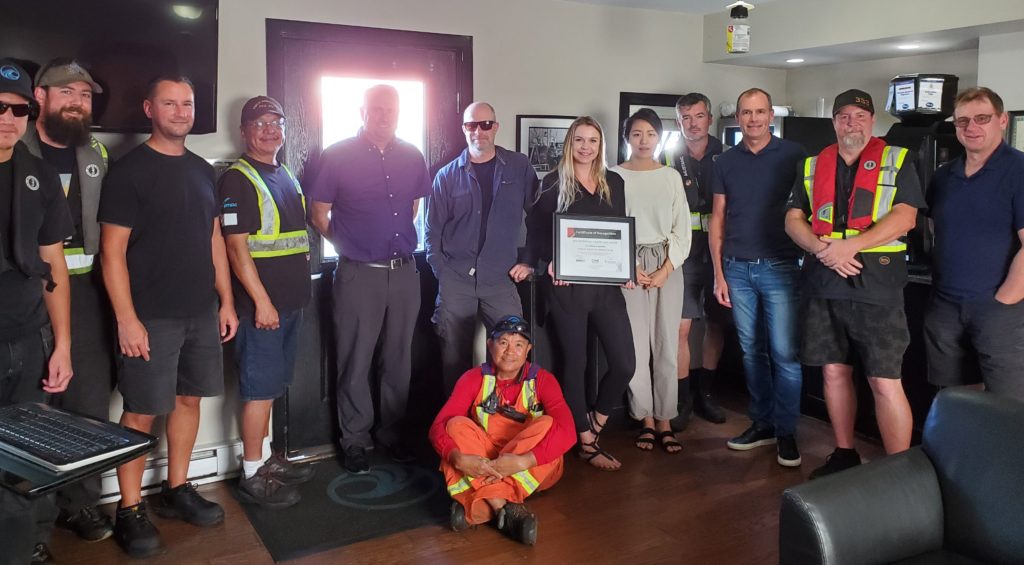Source: Trucknews.com
LANGLEY, B.C. — Attention hopeful female truck drivers in B.C., there is an opportunity that may be hard for you to pass up.
Valley Driving School is facilitating driver training for the YWCA’s Changing Gears program, which aims to get more women behind the wheel of a truck, and it’s free to all qualified applicants.
The program is a 23-week Class 1 driver training course for women who are on employment insurance or have received benefits within the past five years.
Joel Donnelly, operations at Valley Driving School, said training covers a variety of areas, including a combination of in-class, in-yard, and on-road instruction.
Students will learn about air brakes, the transportation of dangerous goods, the National Safety Code, and other topics in-class, while both city and mountain driving will be covered on the road, with 68 and 24 hours of instruction respectively.
The program has been offered for some time now, beginning in November of 2015.
“To date, there have been over 50 students who have successfully taken part in this amazing opportunity,” said Donnelly, “including a new intake.”
In addition to the employment insurance stipulation, there are several criteria women need to meet to take advantage of the Changing Gears program. They must possess a valid Class 5 B.C. driver’s license with a clean abstract, have no outstanding fines or bridge tolls, speak English, be a Canadian citizen or permanent resident, and be able to commit to the 23-weeks of full-time training.
Valley Driving School also requires a valid Class 1 learner’s license and the desire to become a safe, independent driver.
Valley Driving School does not limit itself to helping women get into the industry. It also partners with organizations like WorkSafeBC and Douglas College to entice both men and women into trucking.
The YWCA’s Changing Gears program is a project-based labour market training program.
It is funded through WorkBC to support projects that provide benefits to the community and to individuals with a combination of on- and off-the-job training delivered under a project-based training model to assist eligible individuals obtain the skills they need for employment.
Valley Driving School, which has been providing driver training since 1955, offers customized instruction to aspiring drivers of all ages.
“Our programs are designed to include one-on-one on-road training with a strong focus on road safety and accident prevention,” said Donnelly.
The school is also a supporter of the implementation of a mandatory entry-level training (MELT) program in B.C. for Class 1 drivers.
“MELT for commercial driver training, done with proper thought, consultation, and consideration,” said Donnelly, “would only serve to better prepare individuals and provide a stronger base for safe, independent driving within the commercial transportation industry.”
Stay up to date on safety and sign up for our weekly newsletter!

